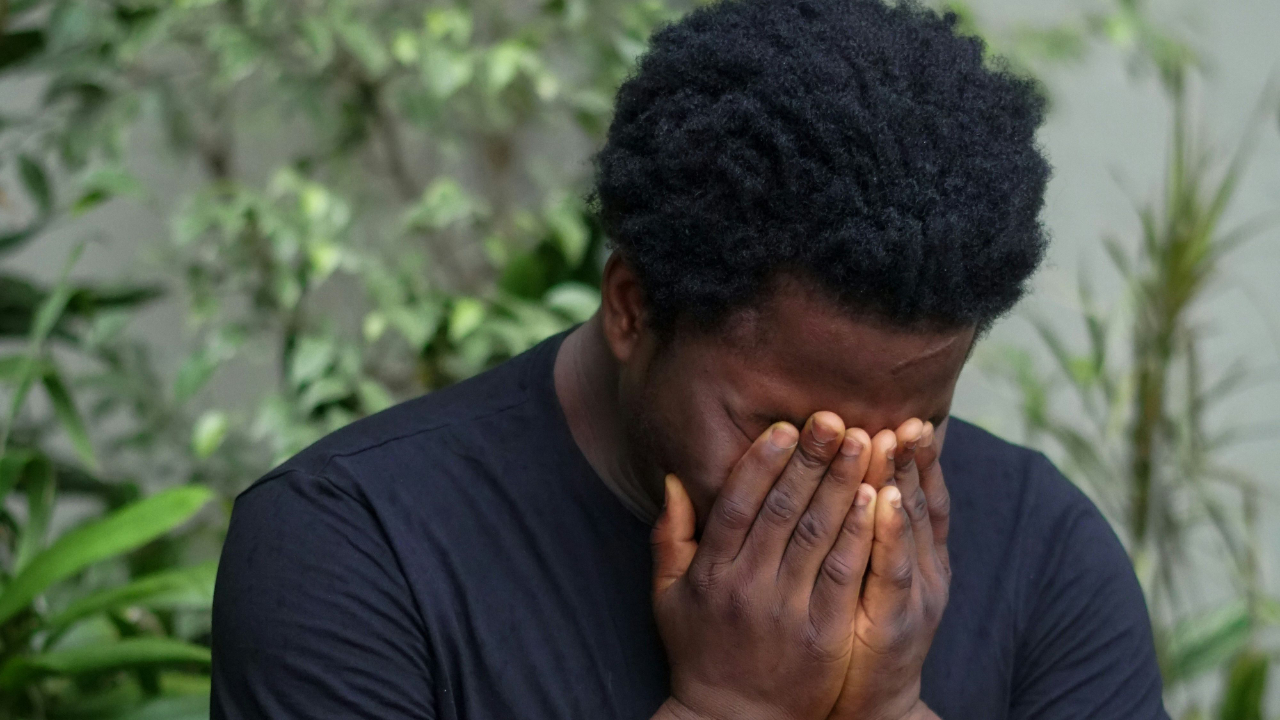Shedding Light on POCD: Navigating Obsessions and Compulsions
Jan 20, 2025
Pedophilia OCD (POCD) is a subtype of obsessive-compulsive disorder (OCD) that revolves around intrusive thoughts and fears related to harming children or being attracted to them. These thoughts are not reflective of an individual's desires or intentions but are instead rooted in the nature of OCD, which causes unwanted and distressing thoughts to dominate the mind. While deeply upsetting, it’s important to recognize that these intrusive thoughts are a mental health challenge, not a reflection of one's character or morality.
This blog aims to shed light on POCD, its symptoms, how it affects daily life, and ways to manage this condition.
What Is POCD?
POCD is a form of OCD characterized by obsessive fears and doubts about being a threat to children. These obsessions often come with overwhelming feelings of guilt, shame, and anxiety. People with POCD are not pedophiles or abusers; rather, they are highly sensitive and distressed by these thoughts, which they recognize as unwanted and inappropriate.
For someone with POCD, the obsessive thoughts can feel all-consuming. These may include doubts like:
- "What if I’m secretly a bad person?"
- "What if I accidentally harm a child?"
- "What if others think I have bad intentions?"
In response to these fears, individuals often engage in compulsions—behaviors or mental acts designed to reduce anxiety. These might include avoiding children altogether, seeking constant reassurance, or mentally reviewing interactions to ensure nothing inappropriate occurred.
Common Symptoms of POCD
POCD symptoms manifest as both obsessions and compulsions.
Obsessions:
- Persistent, intrusive thoughts about harming or being attracted to children.
- Intense guilt and fear about what the thoughts might mean.
- Anxiety about being perceived as harmful or dangerous.
Compulsions:
- Avoiding children, schools, or places where children are present.
- Repeatedly checking past interactions for signs of inappropriate behavior.
- Seeking reassurance from loved ones or online forums.
- Avoiding media or news stories involving children to prevent triggering thoughts.
How POCD Affects Daily Life
POCD can significantly disrupt a person’s day-to-day routine. Many people feel isolated because they are too ashamed to talk about their thoughts, fearing judgment or misunderstanding. This isolation can lead to strained relationships, difficulty concentrating at work or school, and an overall decline in mental health.
The constant need to check or avoid can also interfere with normal activities. For instance, a parent with POCD might struggle to engage with their own children, fearing they might unintentionally cause harm. Others might avoid social gatherings or quit jobs involving children, further limiting their life experiences.
What Causes POCD?
Like other forms of OCD, POCD is thought to result from a combination of genetic, biological, and environmental factors. Imbalances in brain chemistry, heightened sensitivity to moral responsibility, and past traumatic experiences may all play a role. However, it’s important to emphasize that POCD is not caused by hidden desires or suppressed feelings—it’s a mental health disorder that distorts thinking patterns.
How to Manage POCD
Managing POCD involves seeking proper treatment and developing coping strategies. Here are some steps to consider:
1. Professional Help
- Therapy: Cognitive-behavioral therapy (CBT), particularly Exposure and Response Prevention (ERP), is highly effective in treating POCD. ERP involves exposing oneself to anxiety-inducing thoughts or situations without engaging in compulsions, helping the brain learn to tolerate uncertainty.
- Medication: In some cases, antidepressants or other medications may be prescribed to help manage OCD symptoms.
2. Education
Understanding that POCD is a mental health condition, not a reflection of character, can help reduce feelings of guilt and shame. Reading about OCD from reliable sources can empower individuals to seek help.
3. Mindfulness and Relaxation
Practices like mindfulness meditation can help individuals distance themselves from intrusive thoughts, allowing them to observe these thoughts without attaching meaning or judgment.
4. Support Systems
Opening up to a trusted therapist, friend, or support group can ease the emotional burden of dealing with POCD. It’s important to connect with people who understand the nature of OCD and won’t misinterpret the condition.
Conclusion
POCD is a challenging condition, but it’s treatable with the right approach. Recognizing intrusive thoughts for what they are—symptoms of OCD—can help individuals regain control of their lives. With therapy, education, and support, those living with POCD can learn to manage their symptoms and rebuild confidence in themselves.
Remember, seeking help is a sign of strength, not weakness. If you or someone you know struggles with POCD, reach out to a qualified mental health professional for guidance.
















